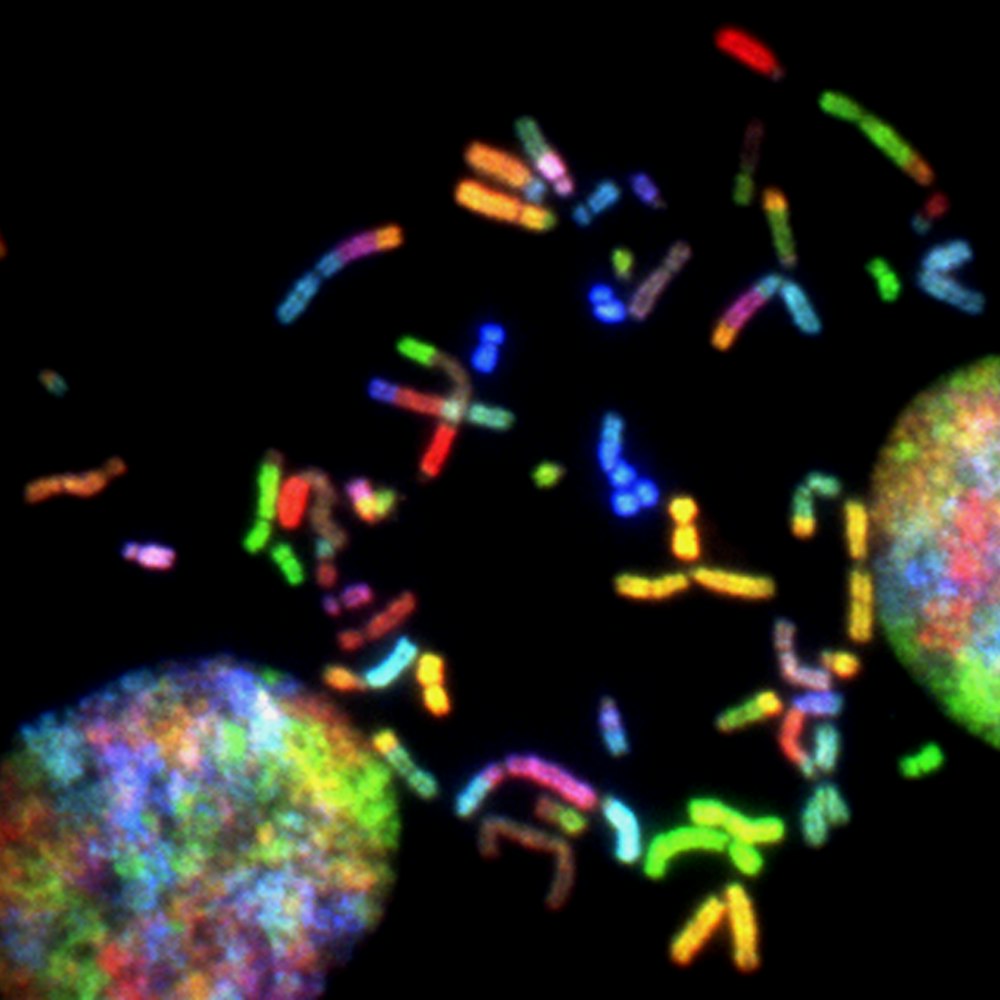Pomegranate seeds may be tiny, but they pack numerous nutritional benefits.
Many benefits of pomegranate seeds are not well known.
Pomegranate seeds can significantly improve your health and shield you against many illnesses.
You’ll be out shopping for these delicious seeds if you read till the end!
We’ll also provide some clarity on a common myth: Are You Supposed To Swallow Pomegranate Seeds??
What Are The Benefits of Eating Pomegranate Seeds?
Pomegranate seeds improve your cardiovascular health and help to reduce the risk of breast cancer because they have antioxidant and anti-inflammatory properties. They increase your blood flow and the essential cells within your blood and decrease kidney stones’ deposition.
The list of health benefits of pomegranate does not end there. (Read More)
They have been used to treat various diseases, including parasitic and pathogenic conditions, gastritis, bleeding, mouth sores, diarrhea, and lung disorders.
These benefits have been known since ancient times.
Studies suggest that dried pomegranate seeds are a good source of fiber, with 7 grams (28 percent Daily Value) per cup.
What Happens if We Eat Pomegranate Seeds Daily?
Daily intake of pomegranate seeds reduces the risk of colon, breast, and prostate cancer, lowering the risk of diseases of the lungs and skin. You will fulfill your daily requirement of vitamins such as Vitamin C and K and essential antioxidants.
Vitamin C promotes the growth and development of your body.
When it’s super easy to get sick from many illnesses, Vitamin C helps improve your natural immunity and protects you against viruses.
Are you Supposed to Swallow Pomegranate Seeds?
Pomegranate seeds are supposed to be swallowed, which is entirely safe. The seeds release beneficial oils when we chew and swallow them. The seeds are crunchy, and the pomegranate arils have the juicy mixed taste of sweet and sour.
If someone told you that a pomegranate tree would grow in your stomach if you ate the seeds, they are wrong!
The seeds are entirely digestible.
They are loaded with beneficial insoluble fiber and punicic acid.
What are the Disadvantages of Pomegranate Seeds?
Pomegranate seeds can lower the blood pressure of individuals with low blood pressure to dangerous levels. Some people also have allergies to pomegranate seeds as well. A high intake of seeds can cause intestinal blockage for people suffering from constipation.
Two cups of pomegranate seeds are enough to fulfill the recommended dose of daily vitamins and antioxidants.
If you have a plant allergy, keep an eye out for signs of an allergic reaction while eating seeds.
You can eat one or two pomegranate seeds and wait for any adverse reactions.
If you’re still unsure, you can consult your physician.
How Many Pomegranate Seeds Should I Eat a Day?
Nutritional research from the USDA suggests eating up to two cups of fresh pomegranate seeds daily as a healthy diet. Each pomegranate, approximately 1 cup of seeds, holds 174 calories and a small number of fatty acids. These are a great addition to your daily diet.
You will need about two and a half pomegranates to fill two cups with pomegranate seeds.
If the pomegranates are small, you will need three pomegranates to fill two cups.
How To Add Pomegranate Seeds to Your Diet
Here’s how to include pomegranate seeds in your diet:
- Sprinkle pomegranate seeds on yogurt or cereal.
- Blend the seeds to make pomegranate juice.
- Eat the seeds directly: cut the fruit in half using a sharp knife and remove pomegranate seeds into a bowl.
Pomegranate is unlike any other fruit found in grocery stores. The tart flavor of this delicious fruit makes it fit into every kind of recipe.
Drinking Pomegranate Juice Daily
Experts have recommended Pomegranate juice as a regular part of the diet due to its cardiovascular health benefits. According to preliminary research, patients with type 2 diabetes who started drinking pomegranate juice have improved insulin resistance performance.
Pomegranates can also aid in achieving and maintaining a healthy weight in people who do not have diabetes.
Regularly drinking at least half a cup of pomegranate juice is less likely to have Alzheimer’s disease.
How do Pomegranate Seeds Prevent Cancer?
Extensive research has found that various components in pomegranate fruit, seeds, and juice aid in destroying cancer cells. Studies show that pomegranate seeds also help slow the growth of cancer cells. Researchers believe this stems from the potent antioxidants in pomegranate seeds.
The health benefits of these seeds have helped prevent multiple chronic diseases. (See More)
Pomegranate seeds reduce tumor growth; conversely, they also knock down prostate cancer cells’ production.
The seeds also reduce oxidative stress.
Moreover, pomegranate seeds also act as anti-inflammatory compounds due to their many antioxidants.
Who Should Be Careful While Eating Pomegranate Seeds?
Pomegranates are generally harmless and do not give rise to any side effects when ingested as seeds or juice. However, pomegranate extract may lead the way to complications in rare situations. It is usually in the case of low blood pressure, chronic constipation, and pregnancy:
- Low blood pressure: For people with low blood pressure levels, drinking pomegranate juice may increase the risk of lower blood pressure. However, it is beneficial for people with high blood pressure.
- Chronic constipation: The seeds may cause blockage of the intestines in people with chronic constipation.
- Pregnancy: Pomegranate juice is risk-free for drinking during pregnancy, but there is insufficient information about the immunity of consuming pomegranate extract.
How is Pomegranate Fruit Advantageous to the Skin?
Several skincare experts suggest pomegranates for glowing skin due to their anti-inflammation and antioxidant properties. This fruit is significant in minerals and aids in mitigating complexion and sunspots.
Pomegranates contain vitamin C, which helps to enhance skin tone and luminance.
The vitamins also play a significant role in the development of collagen fiber, causing the skin to become smooth and soft.
Pomegranates should be included in your everyday diet for improved skin health due to their anti-aging qualities.
To ensure intake of maximum antioxidants with this fruit, add it with berries, green vegetables, and tea.
How to Choose and Stock Pomegranates for the Best Taste?
When buying groceries, look for a pomegranate with a red wine color that appears to weigh more for its size. Scratch tenderly on the shiny part of the skin of the pomegranate. If it’s soft and easily scratched, it’s probably ripe.
Bumps and mounds are also a sign of ripe pomegranate fruit.
This structure of pomegranate indicates that the seeds within it have obtained their full flavor.
Keep the pomegranate away from sunlight once you bring it home.
It’s essential to keep it in a chill, dry place, but it can be stored in a refrigerator for more than one month.
Do Pomegranate Seeds Have Any Heart Health Benefits?
Pomegranate seeds are beneficial for heart health. According to nutrition experts, pomegranates have a net positive impact on cardiovascular health. Pomegranates can help minimize “bad” cholesterol levels while raising “good” ones.
As per new findings, drinking about 50 ml of pomegranate juice daily can help lower systolic blood pressure by up to 5%.
On the other hand, those who did not consume pomegranate juice had a 9% rise in atherosclerotic plaque, implying that pomegranates could protect against heart disease.
Consumption of pomegranate seeds can prevent atherosclerosis.
The antioxidant activity that spurs after eating pomegranate seeds helps reduce fat from accumulating in essential arteries.
This lowers the risk of a stroke.
Antioxidants also reduce the level of LDL (Low-density lipoprotein cholesterol). LDL is harmful to heart health.
Other Relevant Pomegranate Seed Articles
Within Morningardens, we have a standard for supplying excellent research about the superfoods listed on the website.
For more relevant articles about pomegranate seeds and benefits, check out some of the articles in this list.
- Pomegranate Seeds Are Bad: You need to know if your pomegranate seeds are even good before enjoying their benefits.
- What Does It Mean If Pomegranate Seeds Are White: If you run into some white pomegranate seeds, you’ll need this article to understand what to do.
- How Long Does It Take For a Pomegranate Tree To Bear Fruit: Wondering how much longer until you can start enjoying the health benefits of your new pomegranate tree?
- Pomegranate Seeds Taste: Knowing what pomegranate seeds taste like is crucial. We also go in-depth about picking a specific pomegranate variety so you can start getting your benefits.
- Cups of Seeds in a Pomegranate: How many seeds come from each pomegranate? We go into each type and how many you will get the most benefits from your pomegranates.
Nutritional Facts About Pomegranates Seeds
Did you know that a standard size pomegranate has only 100 calories? It easily fits into any nutrition plan because it is high in antioxidants and low in calories. For this reason, pomegranates can replace green tea. Due to its high fiber content, it can also make your stomach feel full.
Here are the nutritional details of pomegranate seeds:
- Fiber: 7 grams
- Protein: 3 grams
- Vitamin C: 30%
- Vitamin K: 36%
- Folate: 16%
- Potassium: 12%
Are Pomegranates used in other foods?
Pomegranates contain numerous industrial applications. Its functional qualities, such as color and odor, are significant in the food industry and can be used in various methods.
The real grenadine syrup is made from pomegranates that add flavor and color. Commercial grenadine syrup is mainly generated from sugar.
Using pomegranate seeds to look pretty
Pomegranate seed oil is beneficial for enhancing our facial appearance. It is used to hydrate dehydrated skin and remove signs of aging.

For years now, Moringa has been a daily consumption in my life, incorporated in various forms such as capsules, food recipes, and soothing teas. Initially, my daughter and I embarked on this journey as an experiment, but as time went on, I delved deeper into its remarkable potential and unearthed the unlimited benefits it offers for our well-being and health. I got motivated by how much it positively impacted me and decided to share my insights about Moringa’s profound impact on health and overall living through my blog posts.






